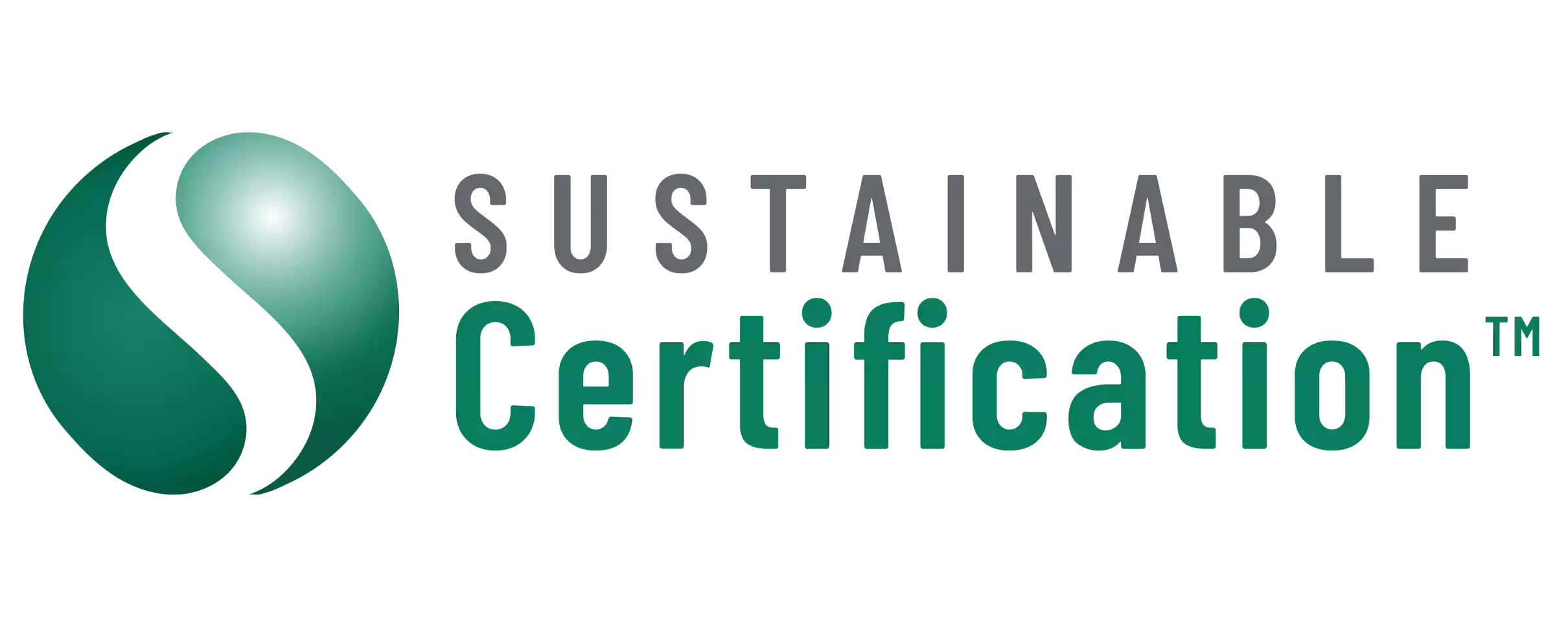Understanding ESG: How Can Businesses Become More Environmentally Smart
Australian businesses are increasingly expected to operate responsibly and transparently.
Environmental, Social and Governance (ESG) principles, together with the ISO 14001 ESG framework, assist companies align operations with sustainability goals and build trust with regulators, investors and customers.
Becoming environmentally smart means applying these standards within decision-making to reduce risk and improve business resilience.
Understanding ESG and Its Impact on Business
ESG provides a structured approach to managing environmental impact, social responsibility, and corporate governance. Investors and regulators now use ESG metrics to assess performance beyond profit.
In Australia, ESG disclosure is increasing as government bodies emphasize climate-related reporting. By combining ISO 14001 for ESG compliance, companies can strengthen accountability and improve operational efficiency and maintain stakeholder confidence.
The Rise of ESG Compliance in Australia
Globally, ESG reporting has become paramount for accessing capital and maintaining reputation. In Australia, sustainability-linked loans and climate-risk disclosure frameworks have accelerated adoption.
Here are some key ways this shift is transforming Australian industries and business operations:
● Growing Investor Demand for ESG Accountability
Investors now favour companies demonstrating environmental transparency and measurable outcomes. Businesses aligning ESG goals with the ISO 14001 ESG framework attract greater market confidence and access to sustainable financing.
● Government and Regulatory Expectations
Australian regulators are expanding climate-related disclosure requirements, and state governments are including ESG and ISO 14001 certification within public tender and procurement guidelines, particularly in infrastructure and construction sectors.
● Integration Across Major Industries
Mining, energy, and construction companies adopting ISO 14001 for ESG compliance are achieving measurable reductions in waste, emissions, and resource consumption. These improvements directly support Australia’s net-zero commitments.
● Improved Access to Green Financing
Financial institutions are linking loan rates and credit approvals to verified ESG performance. Organisations implementing ESG compliance certification are better positioned to secure funding through sustainable investment programs.
Together, these developments show how ISO 14001-based environmental systems are helping Australian organisations meet both investor expectations and national sustainability targets.
Integrating ESG Into Business Strategy
To implement an effective ISO 14001 ESG framework, companies must embed sustainability within corporate governance and daily operations.
Policies should guide procurement, risk management, and reporting. Integrating ESG objectives into business plans ensures environmental performance is monitored like financial metrics.
Linking ESG to existing systems such as ISO 9001 Quality Management and ISO 45001 Occupational Health and Safety creates a unified compliance structure that builds credibility and efficiency.
Environmental Certification and ISO 14001 Alignment
A strong environmental management system underpins any ESG compliance certification. ISO 14001 Environmental Management System gives organisations a structured method for identifying and reducing environmental impact. Key benefits include the following:
● Reduced Waste and Lower Energy Use
The ISO 14001 ESG framework helps businesses manage materials and energy more effectively. Tracking usage across operations allows companies to cut waste, lower emissions, and improve overall environmental performance.
● Improved Efficiency and Resource Control
Applying ISO 14001 for ESG compliance creates clear objectives for resource management. This structured approach improves productivity, reduces costs and supports long-term sustainability goals.
● Demonstrated Legal and Regulatory Compliance
Following ESG and ISO 14001 certification helps businesses meet environmental laws and reporting standards. Documented procedures and audits confirm compliance while reducing the risk of penalties or reputational damage.
● Enhanced Brand Reputation and Trust
Earning ESG compliance certification supported by ISO 14001 shows a genuine commitment to sustainability. It strengthens customer loyalty, attracts investors and builds credibility across the supply chain.
These benefits make ISO 14001 environmental management ESG a foundation for Australian organisations striving to combine profitability with environmental responsibility.
Sustainability Reporting and Transparency
Transparent communication of environmental data strengthens ESG credibility. Australian companies are increasingly aligning with international reporting models such as GRI and TCFD.
Through these, organisations can disclose measurable progress on emissions, energy efficiency, and waste reduction. Integrating ISO 14001 ESG practices ensures consistency between operational data and public reporting, building investor confidence and meeting stakeholder expectations.
Circular Economy and Energy Efficiency
Adopting circular-economy thinking helps businesses extend material life cycles and minimise waste. Evaluating product design, packaging, and supply chain processes turns waste into valuable resources.
Investing in energy-efficient technologies such as renewable energy and smart building systems further supports emission reduction.
Australian manufacturers applying the ISO 14001 ESG framework have reduced operational costs and improved sustainability outcomes.
Overcoming ESG Challenges
Pursuing ESG certification for companies involves challenges such as high initial investment, data management and supply chain coordination.
Businesses can manage these by setting realistic goals, using analytics to track progress and engaging suppliers through shared ESG objectives.
Digital monitoring tools and staff training make compliance achievable even for smaller organisations.
Leadership and Culture in ESG Success
Leadership determines the success of any sustainability initiative. Executives must champion ESG policies, allocate resources, and make sustainability a standing agenda item.
Encouraging employee innovation drives continuous improvement. Leaders integrating ISO 14001 ESG frameworks into decision-making create a culture of accountability and long-term business resilience.
Key Takeaways for Australian Businesses
Adopting ISO 14001 for ESG compliance strengthens environmental stewardship, brand reputation and financial outcomes.
Combining ESG with ISO management systems creates a unified governance model. Together, these frameworks position businesses for sustainable growth and compliance excellence.
FAQ About ESG and ISO 14001
ISO 14001 provides the environmental foundation for an ESG strategy, helping companies measure, monitor, and report environmental performance.
ESG reporting is not yet mandatory, but is increasingly required by investors, lenders, and government programs.
It involves establishing an environmental management system, documenting compliance, and undergoing independent audits for verification.
It improves resource efficiency, reduces waste, and demonstrates leadership in sustainable operations.
It’s proof that a company meets international standards for environmental and social responsibility, strengthening investor appeal.
Begin with a gap analysis, set achievable targets, and implement the ISO 14001 ESG framework to guide long-term improvement.
